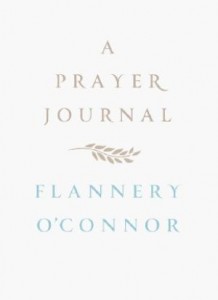Not that anybody really cares anymore because with a half century of government school moral relativism and the persistence of demonically-inspired anti-Semitism, most folks today probably think that Hitler was just one more guy doing what was right for him and who are we to judge?
But, for the record, the Nazis were mind-explodingly evil and this kind of impulse to mimic them in anything should freak us out.
Ich klage an (Eng: I Accuse) is a 1941 film, directed by Wolfgang Liebeneiner, which depicts a woman with multiple sclerosis who asks her husband, a doctor, to relieve her of her suffering permanently. He agrees to give her a lethal injection of morphine while his friend (who is also a doctor) plays tranquil music on the piano.
The husband is put on trial, where arguments are put forth that prolonging life is sometimes contrary to nature, and that death is a right as well as a duty. It culminates in the husband’s declaration that he is accusing them of cruelty for trying to prevent such death.
Ich klage an was actually commissioned by Goebbels at the suggestion of Karl Brandt to make the public more supportive of the Reich’s T4 euthanasia program, and presented simultaneously with the practice of euthanasia in Nazi Germany.
As the Bible notes about the evils that men do, “There is nothing new under the sun.” So now, the latest “old” thing is to kill the sick and suffering… and soon, the embarrassing. So, the cultural Left is hugely on the bandwagon creating propaganda to convince us that killing the expensive people in our midst is an act of love and kindness and, uh, prudence. It’s the kind of thing where you want the insurance companies to have to pay the money they will save from euthanasia into a fund for orphans or something, you know,’ just for confidence sake.’
People are asking me if I think it is “just a coincidence” that the plot of “Amour” is a near perfect twin to Goebbels’ film. My thinking is that true creativity is impossible to the demons. They recycle what works for them. But somebody needs to get the director to own up. It would be implausible to suggest that “Amour” just happened to get all the main beats of the Nazi film. But for the record here are some of the similarities between the two films:
– Both films are about a husband and wife who have a seemingly perfect love and marriage.
– In the Nazi film, the wife’s name is Hanna. In Amour, the wife’s name is Anne.
– In the Nazi film, the wife is a piano player. In Amour, the wife is a music teacher.
– In both films, the wife suffers a devastating illness and begs for death to a demurring husband.
– In both films, the husband eventually gives in and kills his wife.
– In both films, the first judgment of the society is that the act is murder. In both films, the audience is led around to the conclusion that NOT to have killed the wife would have been a greater crime.











